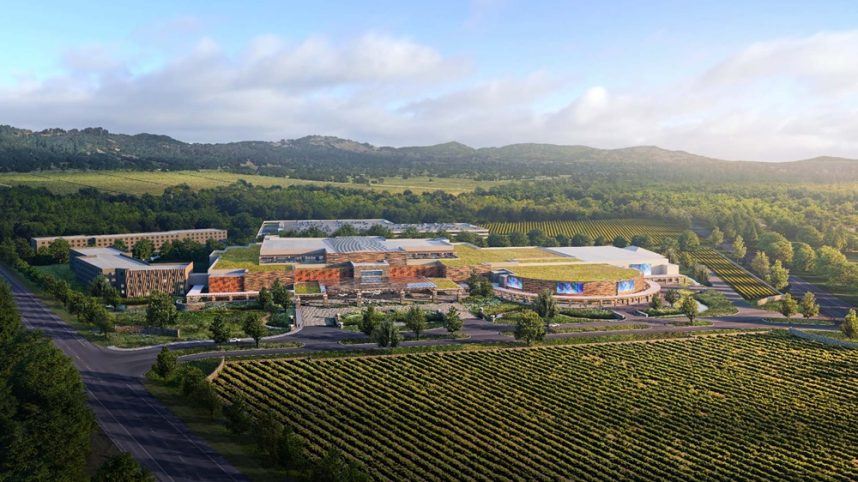Graton Rancheria Sues DOI to Block Koi Nation Casino
Posted on: December 4, 2024, 06:19h.
Last updated on: December 5, 2024, 10:46h.
California’s Graton Rancheria tribe (FIGR) has filed a lawsuit that seeks to torpedo the Koi Nation’s efforts to build a casino in Sonoma County in the heart of the state’s wine country.

FIGR is also based in Sonoma County where it operates the Graton Hotel & Casino in Rohnert Park, just 15 miles away from the proposed Koi Nation site. FIGR has long opposed the Nation’s application to the federal government to have the land taken into trust for the casino project, and has accused the tribe of “reservation shopping.”
Taking land into trust describes the process by which the federal government converts land into tribal territory, partially removing it from the jurisdiction of the state, which is a requirement for tribal gaming.
One Step from Approval
Two weeks ago, the US Interior Department’s Bureau of Indian Affairs (BIA) completed its final environmental impact study (FEIS) for the Koi Nation project. That means the casino is one step away from approval, with a decision expected soon after December 23.
The Graton Rancheria’s complaint argues the Koi Nation has no ancestral ties to the land. It claims the BIA failed to do its due diligence when it looked into the tribe’s history.
One of the conditions of the land in trust process is that a tribe should be able to demonstrate a historical connection to the land. According to the lawsuit, the plot in Sonoma County is “outside of the Koi Nation’s aboriginal territory and historic rancheria, which are located over 50 miles to the north.”
The Tribe and other Southern Pomo tribes in Sonoma County remain inextricably connected to and protective of their culture and history in the area of Windsor and the Project Site in Sonoma County,” the lawsuit states.
“The Southern Pomo language and culture are distinct from that of other Pomo tribes, such as the Southeastern Pomo Koi Nation, and these linguistic, cultural, and territorial boundaries have persisted over millennia,” it adds.
Bad Faith
In a written statement to SFGATE this week, Koi Nation spokesperson Sam Singer called the lawsuit “meritless,” adding it was filed in “bad faith” as “an effort at gamesmanship to circumvent the BIA’s legal and regulatory process to advance Graton’s own economic interest.”
The lawsuit names Interior Secretary Deb Haaland, as well as several officials within the BIA and other federal agencies.
It asks the court to enjoin the defendants from making any final decision on the land until they complete a “legally adequate” consultation process with FIGR and other culturally affiliated tribes.
Related News Articles
Federal Judge Nixes Suit Challenging Mashpee Trust Land Decision
California Wine Country Tribal Casino Proposal to Receive Public Hearing
Cayuga Nation Sues New York State Over Lottery Sales on Reservation
Most Popular
PUCK, NO! Health Dept. Closes Las Vegas Wolfgang Puck Restaurant
Jackpot News Roundup: Two Major Holiday Wins at California’s Sky River Casino
Oakland A’s Prez Resigns, Raising Questions About Las Vegas Move
MGM Osaka to Begin Construction on Main Resort Structure in April 2025
Most Commented
-
UPDATE: Whiskey Pete’s Casino Near Las Vegas Closes
— December 20, 2024 — 33 Comments -
Zillow: Town Outside Las Vegas Named the Most Popular Retirement City in 2024
— December 26, 2024 — 31 Comments -
Caesars Virginia in Danville Now Accepting Hotel Room Reservations
— November 27, 2024 — 9 Comments -
Oakland A’s Prez Resigns, Raising Questions About Las Vegas Move
— December 27, 2024 — 9 Comments
















No comments yet